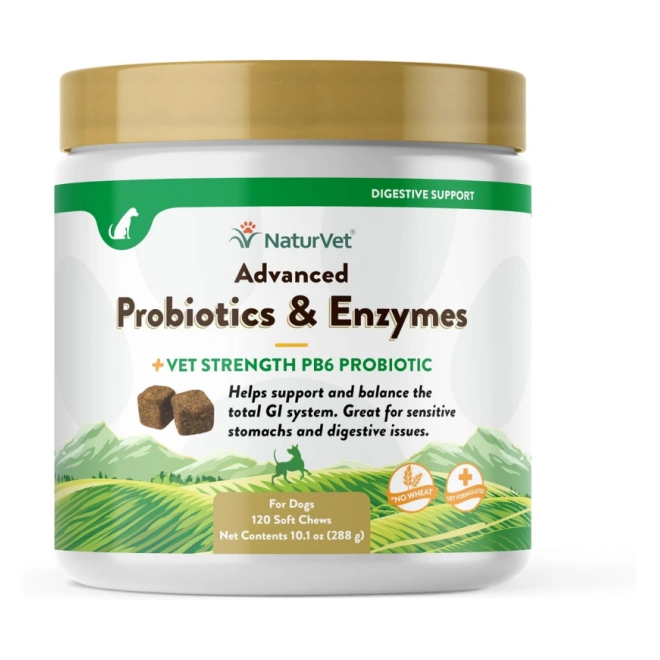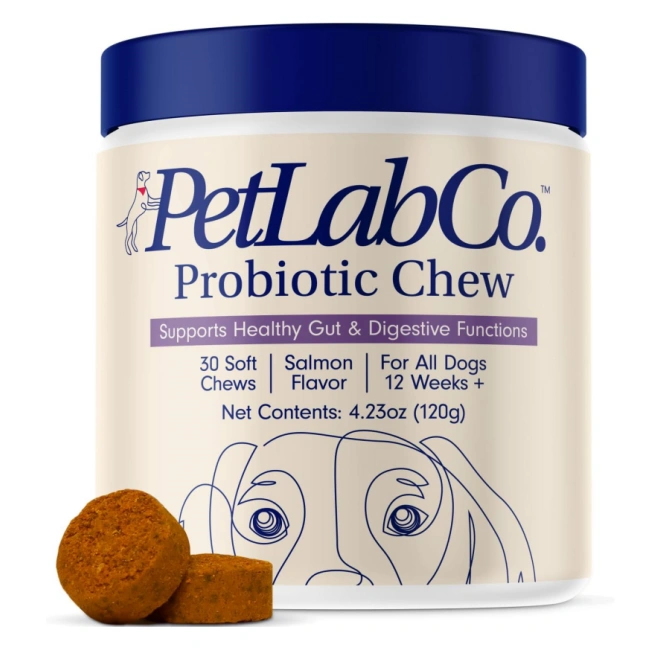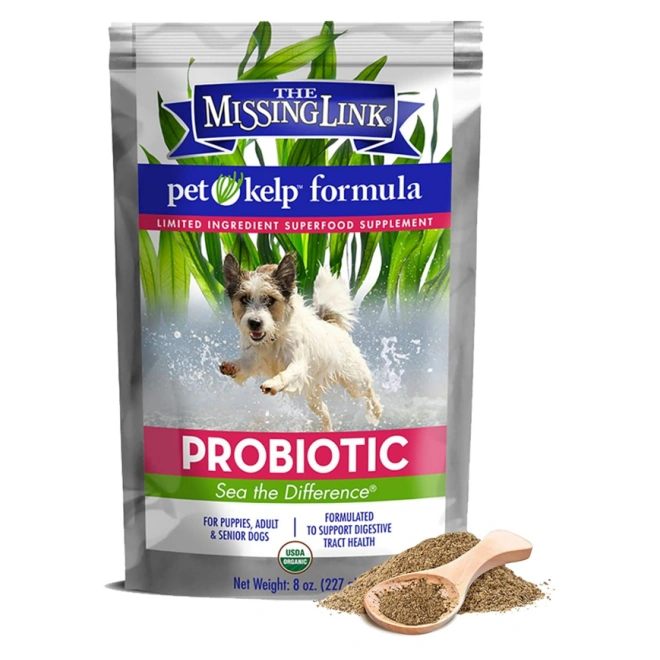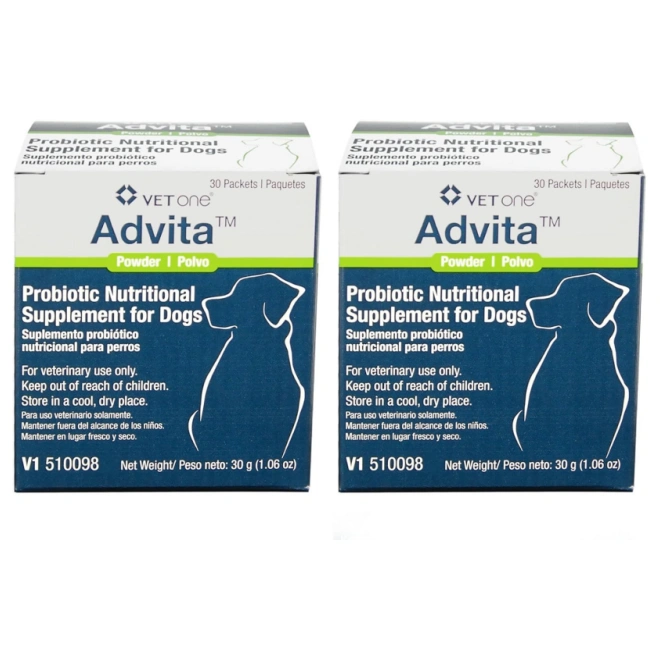Can Dogs Take Human Probiotics? Shocking Truth Owners Miss
When your dog faces digestive issues, diarrhea, or irregular bowel movement, you may wonder: can dogs take human probiotics? Many pet owners consider using probiotics designed for people, but dogs’ digestive systems and gut microbiome are different. Giving the wrong probiotic strains may not support your dog’s digestion and could even cause harm. This article will help you understand whether human probiotics are safe, what alternatives exist, and the real benefits of probiotics to your dog.

What Are Probiotics and Why Do Dogs Need Them?
Probiotics are live friendly bacteria that live in the digestive tract. They help maintain a healthy gut balance by supporting digestion and protecting against harmful microbes. Just like humans, dogs benefit from good bacteria to maintain a healthy gut microbiome. Adding probiotics to your dog’s diet can:
Support your dog’s digestion and nutrient absorption
Improve bowel movement regularity
Strengthen the immune system by promoting good bacteria balance
Reduce digestive issues such as diarrhea, constipation, and bloating
Can Dogs Take Human Probiotics?
The short answer is: it is not recommended. While it seems logical that good bacteria should help everyone, human probiotics are not always effective in dogs. The probiotic strains and formulation are designed for people, not pets. If you are asking, can a dog take human probiotics or can you give dogs human probiotics, here’s why the answer leans toward no:
1. Strain Differences
Dogs need dog specific probiotics that can survive and thrive in canine digestive systems. Human probiotics often include strains that may not colonize in dogs effectively.
2. Dosage Concerns
Products for humans may contain dosage levels that are unsuitable for dogs. Too much or too little may fail to deliver benefits of probiotics for dogs.
3. Additives and Ingredients
Some human probiotic supplements include sweeteners, dairy, or other fillers that are not safe for dogs.

Potential Risks of Giving Human Probiotics to Dogs
Digestive issues like diarrhea, vomiting, or gas
Imbalanced gut bacteria, disrupting the healthy gut microbiome
Ineffectiveness – the strains may not survive in a dog’s digestive tract
Why Dog Specific Probiotics Are Better
Dog specific probiotics are designed with your pet’s unique digestive health in mind. They include probiotic strains like Lactobacillus acidophilus and Enterococcus faecium, proven to live in canine gut bacteria communities. These targeted products:
Support digestive health and reduce digestive issues
Improve bowel movement consistency
Boost the immune system naturally
Work with dog food diets more effectively
| Feature | Human Probiotics | Dog Specific Probiotics |
|---|---|---|
| Probiotic Strains | Designed for human digestive systems | Clinically tested for canine digestive systems |
| Effectiveness | May not colonize in dogs’ gut bacteria | Support your dog’s digestion effectively |
| Safety | May include additives not safe for dogs | Formulated with safe, pet-friendly ingredients |
| Health Benefits | Limited digestive health support in dogs | Improve bowel movement, digestive health, immune system |

How to Choose the Right Probiotic for Your Dog
Check for probiotic strains clinically tested for pets
Select trusted brands recommended by veterinarians
Avoid unnecessary fillers and artificial ingredients
Follow dosage instructions based on your dog’s weight
When Should You Give Probiotics to Your Dog?
Adding probiotics to your dog’s diet can be especially beneficial in these cases:
After antibiotic treatment to restore gut bacteria
During digestive issues like diarrhea or constipation
When your dog shows weak immune system response
During stressful changes like travel or new dog food introduction
Everything Our Vets Recommend
Can Dogs Take Human Probiotics FAQs
Can dogs take human probiotics?
It is generally not recommended. Human probiotics are not formulated for dogs and may not provide the same digestive health benefits. Instead, use products designed for dogs.
Can a dog take human probiotics in an emergency?
If no dog specific probiotics are available, a small dose of human probiotics is unlikely to harm your pet immediately. However, it will not provide the same benefits of probiotics for dogs and should not be a long-term solution.
Can dogs have people probiotics safely?
They can ingest them, but these probiotics may not colonize in the canine digestive tract. For effective results, choose products that support your dog’s digestion with the right probiotic strains.
Final Thoughts
So, can dogs take human probiotics? While human probiotics are not dangerous in tiny amounts, they are not the best choice for your pet’s digestive systems. To truly support your dog’s digestion, maintain a healthy gut, and improve the immune system, select dog specific probiotics instead of human probiotics. Always consult your veterinarian before adding supplements to your dog’s diet. Start today and give probiotics to your dog that actually work for them.
You May Like:
- Dog Probiotics for Itching: Relieve Your Pup’s Scratching Safely
- 2025 Dog Probiotics for Yeast Guide: Treat & Prevent Infections Easily
- Best Probiotics for Dog Skin Allergies: Vet Picks and Tips
- What’s a Good Probiotic for Dogs? Expert Guide for Pet Owners
User Comments
Does flea treatment kill ear mites too?
Can dogs take human probiotics?
Can dogs have people probiotics safely?
Related Articles
View all
How Long Should a Dog Be on Probiotics: Complete 2025 Guide

Best Probiotics for Dogs with Gas (2025 Review & Guide)

What Do Probiotics Do for Dogs: A Vet Approved 2025 Guide

Can Dogs Take Human Probiotics? Shocking Truth Owners Miss

How Long Should a Dog Be on Probiotics: Complete 2025 Guide

Best Probiotics for Dogs with Gas (2025 Review & Guide)

What Do Probiotics Do for Dogs: A Vet Approved 2025 Guide

Can Dogs Take Human Probiotics? Shocking Truth Owners Miss

2025 Dog Probiotics for Yeast Guide: Treat & Prevent Infections Easily

Dog Probiotics for Itching: Relieve Your Pup’s Scratching Safely

Best Probiotics for Dog Skin Allergies: Vet Picks and Tips

What’s a Good Probiotic for Dogs? Expert Guide for Pet Owners














Leave a Reply